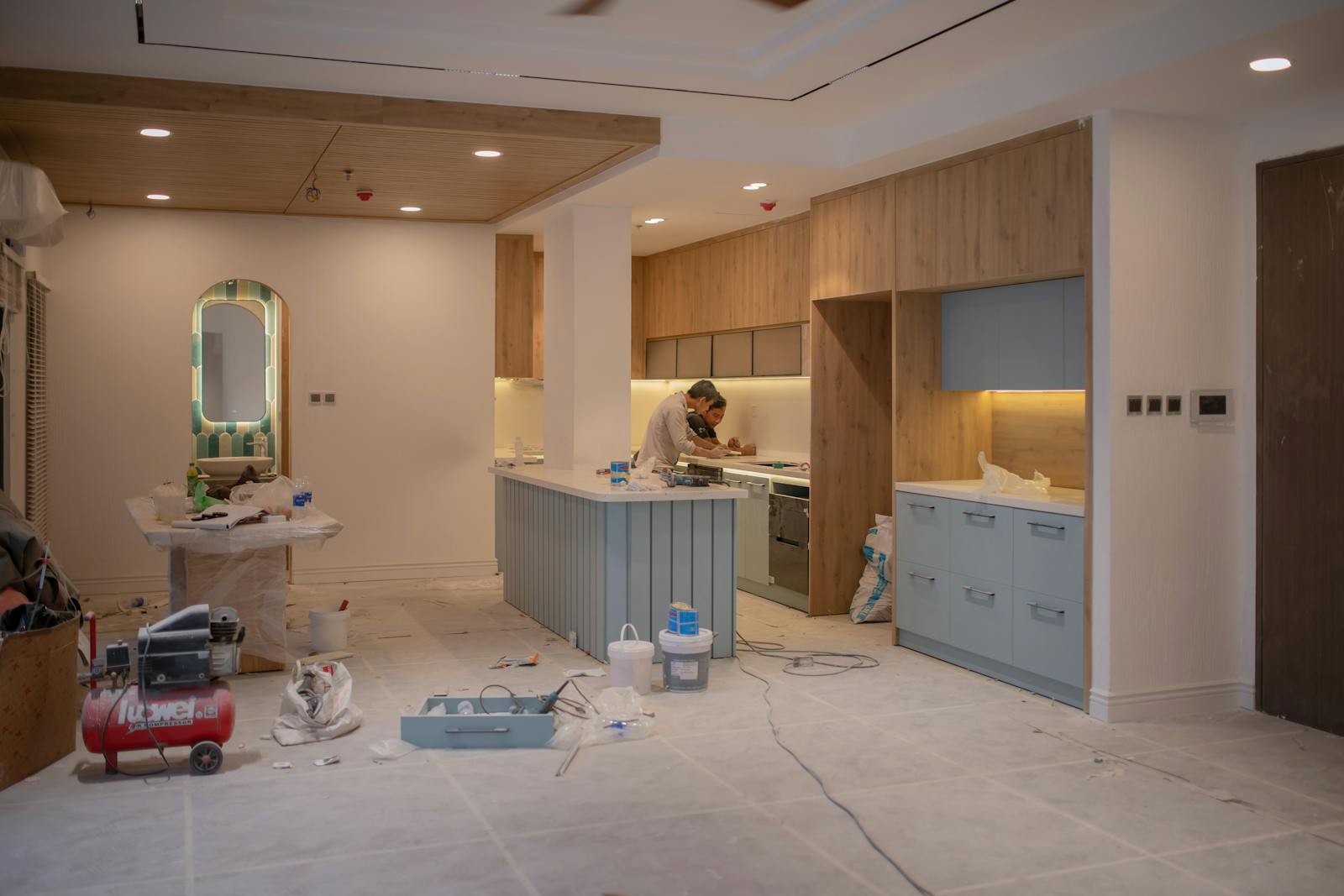Putting your home up for sale is an exciting step, and getting a great offer right away feels fantastic. But what if that first offer is much lower than you hoped? It's totally normal to feel disappointed and frustrated. Your first offer is crucial, and understanding the psychology behind it can help you navigate these tough waters. Here are five ways to keep your cool after receiving a lowball offer, along with some techniques for working with your realtor to turn things around.
Understanding the First Offer
The Impact of First Impressions
Your first offer sets the tone for the rest of the selling process. It’s a big deal and a crucial signal to other buyers. A low offer can feel like a punch to the gut, but it doesn’t mean your home isn’t valuable. By understanding the psychology behind low offers, you can keep perspective and make smart decisions.
Why Buyers Lowball
There are lots of reasons why buyers might present a low offer. They could be testing the waters, unsure of how much room there is to negotiate, or they might genuinely believe your home is worth less than the asking price. Some buyers just love the thrill of getting a bargain.
Keep Your Cool: First Emotional Steps
Stay Calm and Collected
It’s totally natural to feel upset by a low offer, but staying calm is key. Take a deep breath and remind yourself that this is just part of the process. Emotional reactions can cloud your judgment and lead to poor decisions.
Discuss with Your Realtor
Your realtor is your best ally in this situation. Schedule a meeting to chat about the offer calmly and thoroughly. Your realtor can provide valuable insights into the buyer’s perspective and market conditions. Together, you can come up with a plan to respond effectively.
Ways to Keep Your Cool After a Lowball Offer
1. Understand the Market Conditions
The real estate market can be unpredictable. Sometimes, market conditions lead to lower offers. Your realtor can provide data on recent sales and current trends. Understanding these factors will help you set realistic expectations and figure out your next steps.
2. Assess Your Listing
Take a good look at your listing. Compare it to similar homes in your area. Is your home priced competitively? Are the photos and descriptions enticing? A fresh perspective can help you see areas for improvement
3. Rationalize the Offer
Try to see the offer from the buyer’s point of view. What might be their concerns or motivations? Rationalizing the offer can help you respond more strategically. Think of the offer as a starting point rather than a final verdict on your home’s value.
4. Negotiate Constructively
Instead of outright rejecting a low offer, use it as a basis for negotiation. Work with your realtor to craft a counteroffer that reflects your home’s true value. Be prepared to negotiate back and forth, and be open to finding a middle ground.
5. Leverage Other Interests
If you have other interested buyers, use that to your advantage. Let the lowball offeror know there’s competition. This can sometimes encourage them to reconsider and come back with a higher offer.
Techniques for Working with Your Realtor
Open and Honest Communication
Keep the lines of communication with your realtor open and honest. Share your feelings and concerns about the low offer. Your realtor can offer reassurance and guide you on the best way to respond. Trust their expertise and experience.
Use Data to Your Advantage
Realtors have access to tons of market data. Use this data to back up your counteroffer. Comparable sales, market trends, and property condition reports can strengthen your position and make your counteroffer more compelling.
Setting Clear Goals
Discuss your goals and priorities with your realtor. Whether it’s selling quickly or getting the highest price possible, having a clear objective will help your realtor tailor their strategy. Setting achievable goals together can make the process smoother and more satisfying.
Strategic Marketing Adjustments
If low offers persist, it might be time to rethink your marketing strategy. Work with your realtor to adjust your listing photos, update descriptions, or even stage your home differently. Sometimes small changes can make a big impact.
Patience and Persistence
Selling a home can be a marathon, not a sprint. Patience is key. Trust the process and your realtor. Low offers are often just a way to start the conversation. Stay persistent and be prepared to wait for the right offer.
Turning a Low Offer into a Win
Crafting a Strong Counteroffer
A low offer is just the beginning. Work with your realtor to craft a counteroffer that reflects the true value of your home while still being reasonable. Include terms that might be appealing to the buyer, such as covering some closing costs or a quick closing date.
Highlighting Your Home’s Strengths
Make sure the buyer knows all the positives about your home. Highlight unique features that set your home apart from others in the market. Sometimes buyers overlook value points that can justify a higher price.
Building a Rapport with the Buyer
Developing a positive relationship with the buyer can make negotiations smoother. Encourage your realtor to maintain professional but friendly communication with the buyer’s agent. A good rapport can lead to more cooperative negotiations.
Exploring Concessions
Consider offering small concessions to make the deal more appealing. Some homeowners have been known to consider leaving behind certain appliances or offering a home warranty. These small gestures can sometimes tip the scales in your favour.
Learning from the Experience
Every offer, even low ones, provides valuable experience and insights. Use this as an opportunity to learn and refine your approach. Discuss with your realtor what worked and what didn’t, and use this information to prepare for future offers.
Conclusion
Receiving a low offer can be tough, but it’s an integral part of the home-selling process. By keeping your cool, working closely with your realtor, and using smart strategies, you can turn a lowball offer into an opportunity. Remember, the first offer is just the beginning. With patience, persistence, and expert guidance, you can navigate these challenges and achieve your goal of upsizing to the perfect home.
If you’re considering selling your home or need advice on navigating the real estate market, reach out for a consultation. Follow me on social media for tips and success stories, and feel free to share your own moving experiences and needs. Let’s make your next move a smooth and successful one!
#RealEstate #TorontoRealtor #HomeSellingTips #RealEstateAdvice #FultonRealtyGroup #TorontoRealEstate




